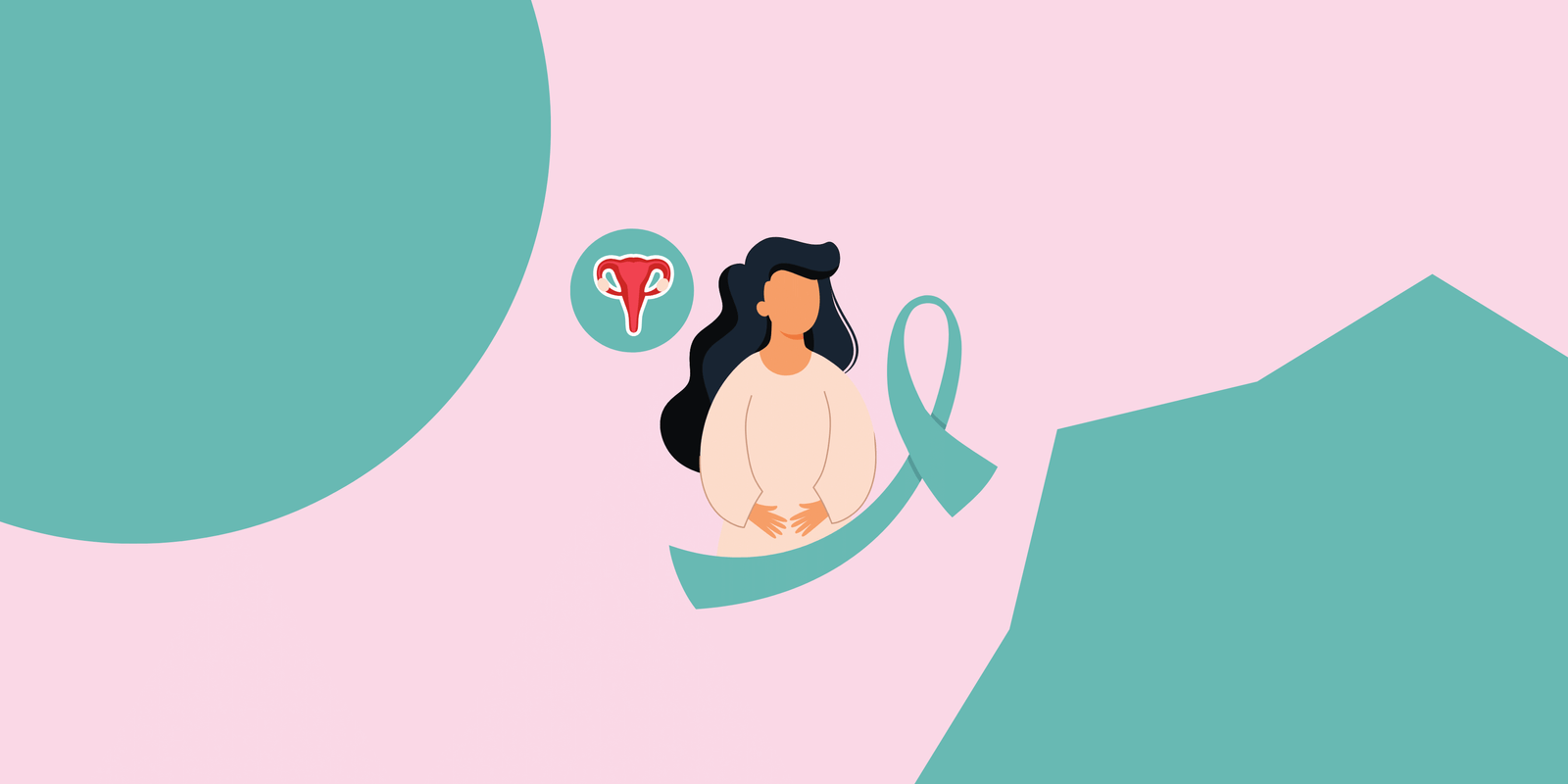Managing Acne and Breakouts: Strategies for Indian Women
Acne and breakouts can be stubborn adversaries, often causing frustration and self-consciousness. For Indian women, factors such as climate, diet, and genetics can play significant roles in skin health, influencing the prevalence and persistence of acne. Understanding these dynamics and adopting tailored strategies can empower women to effectively manage acne and achieve clearer, healthier skin.
In this guide, we delve into the multifaceted nature of acne among Indian women, exploring the underlying causes and common triggers. From hormonal fluctuations to environmental influences, we'll unravel the complexities of acne development specific to the Indian context. Armed with this knowledge, you'll be better equipped to navigate the myriad treatment options available and implement a personalized skincare routine that suits your needs.
Furthermore, we'll discuss holistic approaches to acne management, incorporating lifestyle modifications and dietary adjustments tailored to Indian dietary preferences and cultural practices. By embracing a comprehensive approach that addresses not only the symptoms but also the root causes of acne, Indian women can embark on a journey towards clearer, more radiant skin.
Whether you're dealing with occasional breakouts or persistent acne concerns, this guide aims to provide practical insights and actionable strategies to help you reclaim control over your skin health. Let's embark on this journey together, empowering ourselves with knowledge and embracing effective solutions for managing acne and breakouts as Indian women.
Understanding Acne
1. Acne prevalence: :Acne is a prevalent skin condition affecting millions of women worldwide, irrespective of age or ethnicity. It manifests in various forms, including blackheads, whiteheads, pimples, and cysts, and can range from mild to severe.
2. Unique challenges for Indian women: Indian women encounter distinct challenges in managing acne due to environmental factors like pollution and humidity. These elements can exacerbate acne by clogging pores and triggering inflammation. Additionally, hormonal fluctuations, often influenced by factors such as menstrual cycles and polycystic ovary syndrome (PCOS), can contribute to acne development.
3. Impact on skin and self-esteem:Dealing with acne can be emotionally taxing, affecting not only your skin's appearance but also your self-esteem. From pesky blackheads to painful cystic acne, breakouts can cause distress and diminish confidence.
4. Effect of lifestyle: Lifestyle factors such as diet, stress levels, and skincare habits play crucial roles in acne management. Consuming a balanced diet rich in fruits, vegetables, and whole grains can support skin health, while minimizing processed foods and sugary snacks may help reduce acne flare-ups. Managing stress through relaxation techniques like meditation and adequate sleep can also contribute to clearer skin.
5. Importance of a tailored approach:Each individual's skin is unique, requiring a personalized approach to acne management. What works for one person may not necessarily work for another. Therefore, it's essential to experiment with different skincare products and routines to find what best suits your skin type and concerns.
6. Seeking professional guidance:In some cases, over-the-counter products may not suffice, and professional intervention may be necessary. Dermatologists can provide expert advice and prescribe medications or treatments tailored to your specific needs. Additionally, they can offer insights into underlying factors contributing to acne, such as hormonal imbalances or dietary triggers.
7. Gentle Cleansing:
- Start your skincare routine with a gentle cleanser formulated specifically for acne-prone skin.
- Look for ingredients like salicylic acid or tea tree oil, which are known for their ability to unclog pores and reduce inflammation without stripping the skin of its natural oils.
- Cleansing twice daily, in the morning and evening, helps remove dirt, oil, and impurities that can contribute to breakouts.
8. Exfoliation:
- Regular exfoliation is essential for preventing pore congestion and promoting cell turnover, leading to a smoother complexion.
- Choose a gentle exfoliator containing alpha hydroxy acids (AHAs) or beta hydroxy acids (BHAs), such as glycolic acid, lactic acid, or salicylic acid.
- AHAs work to exfoliate the skin's surface, while BHAs penetrate deeper into the pores to dissolve oil and unclog congested follicles.
- Exfoliate no more than 2-3 times per week to avoid irritation and over-exfoliation.
9. Hydration:
- Opt for a lightweight, oil-free moisturizer that provides essential hydration to the skin without clogging pores.
- Look for ingredients like hyaluronic acid or ceramides, which help attract and retain moisture, leaving the skin feeling soft and supple.
- Proper hydration supports overall skin health and helps prevent excessive oil production.
10. Spot Treatment:
- For targeted treatment of stubborn acne lesions, consider using spot treatments containing benzoyl peroxide or sulfur.
- These ingredients reduce inflammation, kill acne-causing bacteria, and accelerate the healing process of blemishes.
- Apply a small amount directly to affected areas as needed, being cautious not to over-apply to avoid excessive dryness or irritation.
11. Sun Protection:
- Protect your skin from harmful UV rays by using a broad-spectrum sunscreen with an SPF of 30 or higher.
- Apply sunscreen daily, even on cloudy days, and reapply every 2 hours when exposed to prolonged sun exposure or after swimming or sweating.
- Choose non-comedogenic formulations to avoid pore clogging and potential acne flare-ups.
12. Hydration:
- 1. Importance of Hydration: Hydrated skin is essential for maintaining its natural barrier function and overall health, regardless of skin type. Even if you have oily or acne-prone skin, skipping hydration can lead to imbalances and potentially worsen acne symptoms.
- 2. Choosing the Right Moisturizer: Opt for a lightweight, oil-free moisturizer specifically formulated for acne-prone skin. These moisturizers are designed to provide hydration without adding excess oil to the skin or clogging pores. Look for keywords like "non-comedogenic" or "oil-free" on the product labels.
- 3. Balancing Moisture Levels:A good moisturizer helps to balance moisture levels in the skin, preventing it from becoming too dry or too oily. This balance is crucial for maintaining healthy skin and minimizing the risk of breakouts.
- 4. Key Ingredients to Look For:
- Hyaluronic Acid:Known for its ability to attract and retain moisture, hyaluronic acid is a hydrating powerhouse. It helps to keep the skin plump and hydrated without weighing it down or clogging pores.
- Aloe Vera:Aloe vera is renowned for its soothing and hydrating properties. It helps to calm inflammation, reduce redness, and provide a boost of hydration to the skin, making it an excellent choice for acne-prone skin.
- 5. Avoiding Heavy or Greasy Formulations:While moisturizing is essential, it's crucial to avoid heavy or greasy formulations that can exacerbate acne. Look for lightweight, water-based moisturizers that absorb quickly into the skin without leaving a greasy residue.
- 6. Consistency is Key: Make moisturizing a regular part of your skincare routine, applying it morning and night after cleansing. Consistency helps to maintain optimal hydration levels and support overall skin health.
- 7. Considerations for Humid Environments: In humid climates, you may opt for a lighter moisturizer or even a hydrating serum to prevent the skin from feeling overly greasy or congested.
Congratulations on taking the first steps towards achieving clearer, more radiant skin! Throughout this journey, we've explored various facets of acne management, from understanding its prevalence and unique challenges faced by Indian women to implementing effective skincare strategies tailored to your needs. By empowering ourselves with knowledge and embracing practical solutions, we're on the path to reclaiming control over our skin health.
From pesky blackheads to painful cystic acne, we've acknowledged the toll that breakouts can take on both our skin and self-esteem. However, armed with insights into the impact of lifestyle factors and the importance of a personalized approach, we're equipped to face these challenges head-on.
Whether it's adopting gentle cleansing practices, incorporating regular exfoliation into our routines, or prioritizing hydration with the right moisturizers, each step plays a vital role in our quest for clearer, healthier skin. Spot treatments and sun protection further bolster our arsenal against acne, while emphasizing the importance of consistency and choosing products wisely.
So, let's embark on this journey together, armed with newfound knowledge and determination. Here's a recap of actionable steps to integrate into your skincare routine:
1. Gentle Cleansing: Start with a gentle cleanser formulated for acne-prone skin.
2. Exfoliation: Incorporate regular exfoliation with AHAs or BHAs to promote cell turnover.
3. Hydration: Choose lightweight, oil-free moisturizers with hydrating ingredients like hyaluronic acid or aloe vera.
4. Spot Treatment: Target stubborn acne lesions with spot treatments containing benzoyl peroxide or sulfur.
5. Sun Protection: : Protect your skin from harmful UV rays with broad-spectrum sunscreen, reapplying every 2 hours.
Remember, consistency is key, and don't hesitate to seek professional guidance if needed. Together, let's embrace this journey with fun, warmth, and the confidence that clearer, radiant skin is within our reach!






